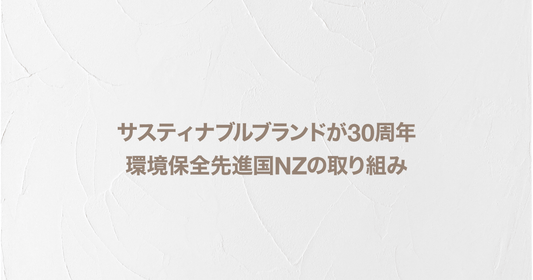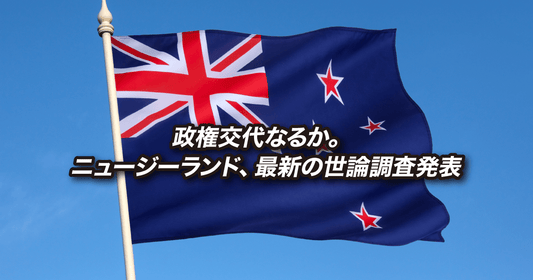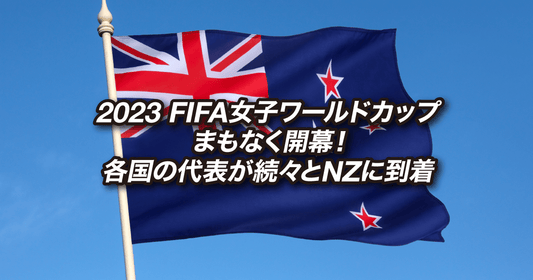
This is the first news of community infection in New Zealand in a long time, a country that had managed to contain the coronavirus pandemic.
On the afternoon of August 17, the Ministry of Health announced that community transmission of the new coronavirus had been confirmed in Auckland. The government immediately raised the alert level to the highest level 4 from 11:59 p.m. on August 17, and decided to lock down Auckland and the Coromandel for seven days and the rest of the country for three days.
Lockdown after one positive case
New Zealand has closed its borders for over a year now, and requires its citizens returning home to undergo strict two-week quarantine in a hotel immediately after entering the country. Although there have been continued cases of infection among returning residents, this quarantine has prevented community infection. People have returned to their pre-COVID lifestyles, such as not wearing masks and holding large-scale events, and there have been no community infections for the past six months.
This time, the lockdown was imposed after only one infected person was found. This has sparked reactions from overseas media who are concerned about the spread of infection.
During the lockdown, all businesses other than supermarkets, pharmacies, hospitals, gas stations, and facilities connected to essential services will be closed, as well as schools.
The world has been amazed and praised for this speed, but in New Zealand, there are voices questioning whether the alert level could have been raised immediately, rather than waiting half a day...!
First confirmed Delta strain
Prime Minister Jacinda Ardern said at a press conference on the 17th
The fact that the Delta strain has not been discovered until now is unusual worldwide.
"These are the first cases of COVID-19 in Japan, and we are very concerned about the spread of the virus," he said.
The first infected person was a 58-year-old man who had not been vaccinated. In New Zealand, citizens are being asked to use an app to scan and record the QR codes of places they have visited, and because this man was also using the app, their movements were tracked relatively quickly. The places the man visited have been made public, and tests are being conducted on people who are thought to have been in close contact with him.
On the morning of the 18th, the man's colleague was found to be positive. Three more close contacts of this colleague tested positive, bringing the total number of infected people to five. One of them, a nurse at Auckland Hospital, has received two doses of the vaccine and is reported to be asymptomatic.
On the afternoon of the 18th, Prime Minister Ardern and Health Secretary Bloomfield announced two more positive cases. Among the positive cases are medical workers and school teachers, and the number of close contacts is increasing.
Thorough tracing of infection routes
In addition to a strict lockdown, New Zealand's coronavirus countermeasures have remained unchanged since March 2020 when the infection began to spread: encouraging citizens to get tested regardless of whether they have symptoms or not, analyzing and thoroughly tracing the virus, and identifying the route of infection.
At a press conference on the afternoon of the 18th, Prime Minister Ardern announced that genome analysis had shown that the virus was linked to the infection that occurred in New South Wales. Further analysis is underway to determine where the first man who tested positive became infected.
During the current lockdown, COVID-19 vaccination was temporarily suspended, but it was reported that it would resume on the 19th. Vaccine administration has not progressed in New Zealand, with less than a quarter of the total population having completed two doses. Vaccine recipients are expected to only experience mild symptoms if infected, so they are rushing to get vaccinated.
At the end of the press conference, Prime Minister Ardern
Many people are feeling anxious and more scared than ever about the Delta strain. It is expected that the number of infected people will continue to increase. However, as we have done in the past, let's all work together to overcome this.
He sent a message to the nation.
Hilary Barry, a news anchor for the national broadcasting station, called it "Formal Friday" during the lockdown last year, and posted on social media how she dressed up more than necessary at home on Friday. She posted on social media how she wanted to make her time at home a little more fun.
In this lockdown,
Formal Friday is back!
"It's okay. Let's stay calm," he said, urging people not to panic about the lockdown.





